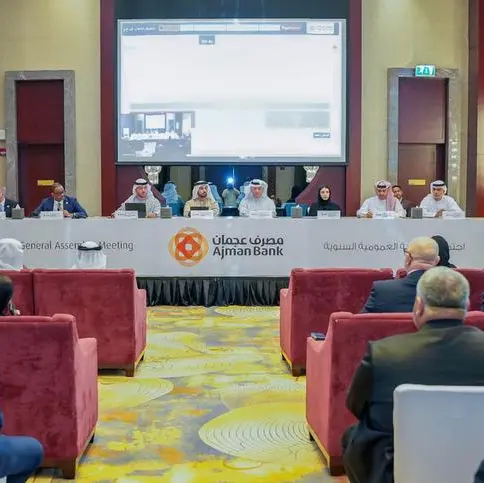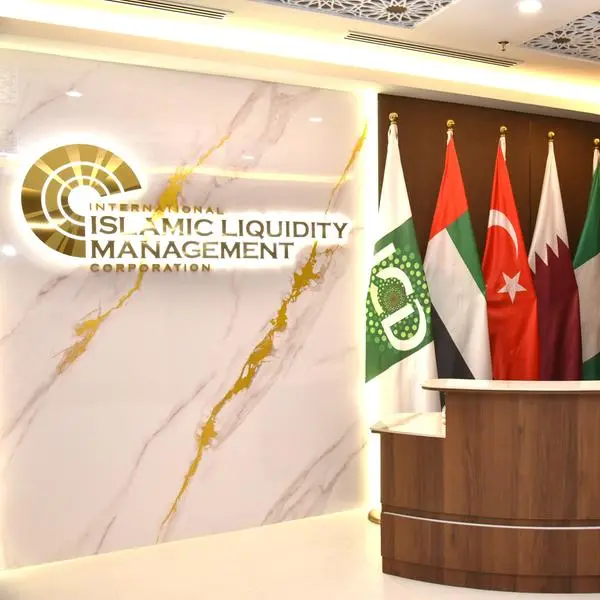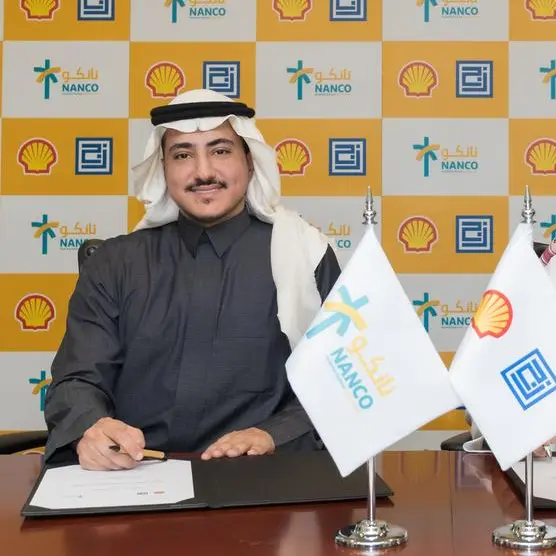Seven-year research and development project results in breakthrough achievement
RIYADH, Saudi Arabia (November 14) - Saudi Basic Industries Corporation (SABIC) has achieved a major technological breakthrough by developing a new process technology to produce acetic acid through ethane oxidation. The technology package was developed by a dedicated Research and Technology (R&T) team at the SABIC Industrial Complex for Research and Development in Riyadh.
The new process, named SABIC Acetic Acid Technology, was developed over seven years of research and development work. The process fundamentally differs from the conventional industry practice of producing acetic acid through methanol carbonylation. By innovating the new technology, SABIC has achieved what many players in the global acetyl industry have targeted for a long time.
Announcing the breakthrough at a press conference here today, Saudi Arabia's Minister of Industry and Electricity and SABIC Chairman, Dr. Hashim A. Yamani, said: "This process has significance as it is the first time that a modern, grassroots petrochemical and industrial technology has been developed on this scale in the Middle East. The achievement is a matter of great pride for SABIC and Saudi Arabia."
Yamani noted that SABIC and other companies in the region had been historically dependent on importing modern technology to establish and maintain manufacturing industries based on natural resources. While SABIC has benefited enormously from its joint venture strategy and transfer of technologies, it has increasingly focused on developing its R&T capabilities. "This achievement is a tribute to that strategy and vision of making SABIC a technologically strong company," he said.
SABIC's Vice Chairman and Managing Director Mohamed H. Al-Mady noted that only a limited number of companies had been able to produce acetic acid as the technology was not freely available. Because of this global situation, when the SABIC Industrial Complex for Research and Development was commissioned in early 1990s, development of a new acetic acid technology was among its priority projects.
"SABIC is planning to build a semi-commercial plant with capacity of around 30,000 metric tons per year (mt/y) of acetic acid using the new process. Our target is to bring this new plant on stream by the end of 2003. Its production will be earmarked for captive use at IBN RUSHD, SABIC's integrated polyester producing affiliate at Yanbu on the Red Sea1. We hope to go into world-scale production as we optimize and fine-tune the SABIC acetic acid process over the next few years," Al-Mady said.
"It is a matter of pride that this technology was developed entirely in Riyadh, and entirely by a SABIC team. It significantly boosts SABIC's technological profile and proves that our increasing focus on R&T is producing tangible results. SABIC R&T has many achievements to its credit, but the acetic acid process will have an impact on the company's future growth, the Kingdom's industrial growth and diversification, and probably the acetyl industry worldwide," Al-Mady added.
He noted that acetic acid's industrial applications included production of vinyl acetate monomer (VAM), acetic anhydride, acetates and purified terephthalic acid (PTA). The acid is also used in pharmaceutical, detergent and cosmetics industries and agriculture.
Dr. Abdulrahman S. Al-Ubaid, Executive Vice President for SABIC R&T, said SABIC had been granted eight US patents on new catalysts. Patent applications have been filed in other countries as well. "What we have in hand now is the SABIC acetic acid technology package that consists of SABIC-developed catalysts, a new world-class oxidation reactor, an integrated process flow scheme and a basic engineering design for a demonstration or commercial plant," he said.
Al-Ubaid presented the scientific explanation of the new process. He said safety was an integral part of the research project and special measures were taken to ensure that SABIC's world-class safety standards would be maintained at various stages of the research and development program.
"SABIC began to consider this research project in 1993, when basic research was initiated. By 1995, we were confident enough to launch a full-fledged technology development program. We have tested the new process at our pilot plant at the SABIC R&D Complex, and are ready to scale up to semi-commercial level," he said.
Describing the new process as "the first generation SABIC acetic acid process", Al-Ubaid said the technology was competitive when compared with well-established technologies.
"We must remember that the methanol carbonylation technology has been optimized over the past 25 years or so. This is our first generation technology; we have already started our program for a second generation to achieve further improvement in the performance of this process," he concluded.
-Ends-
Mohammad Al-Motawa
Vice President, Public Relations
© Press Release 2005



















